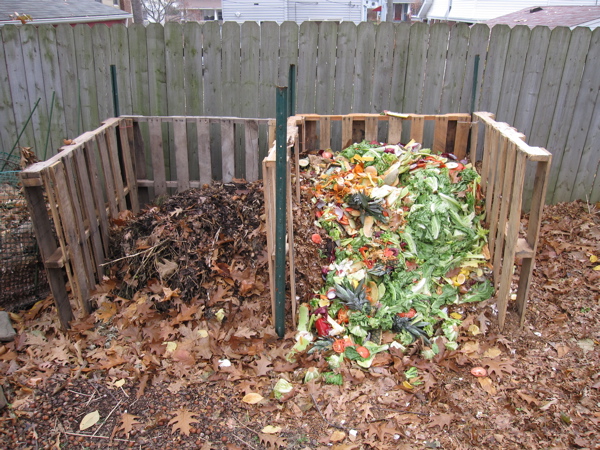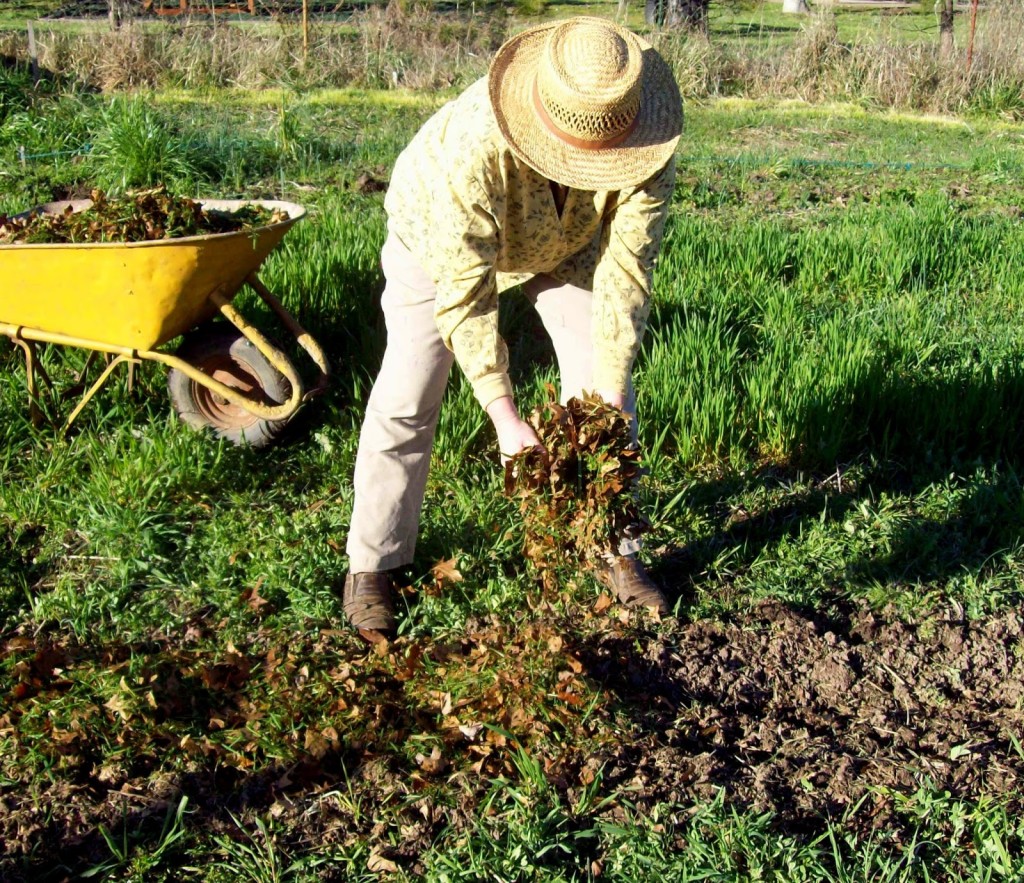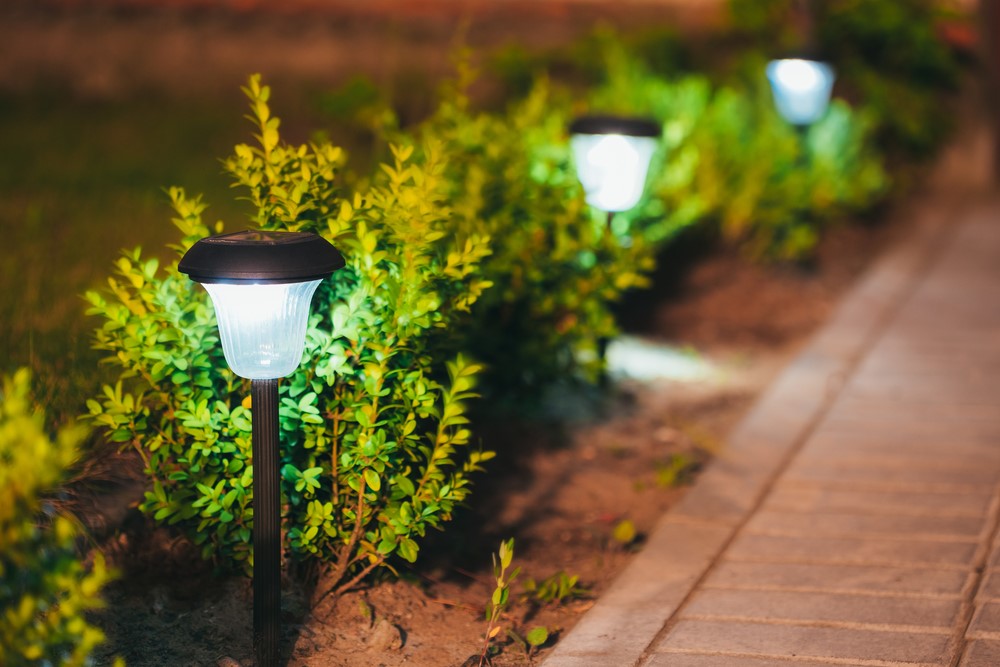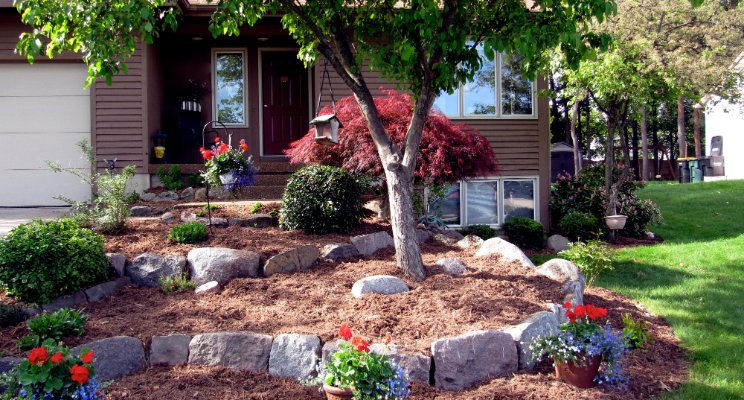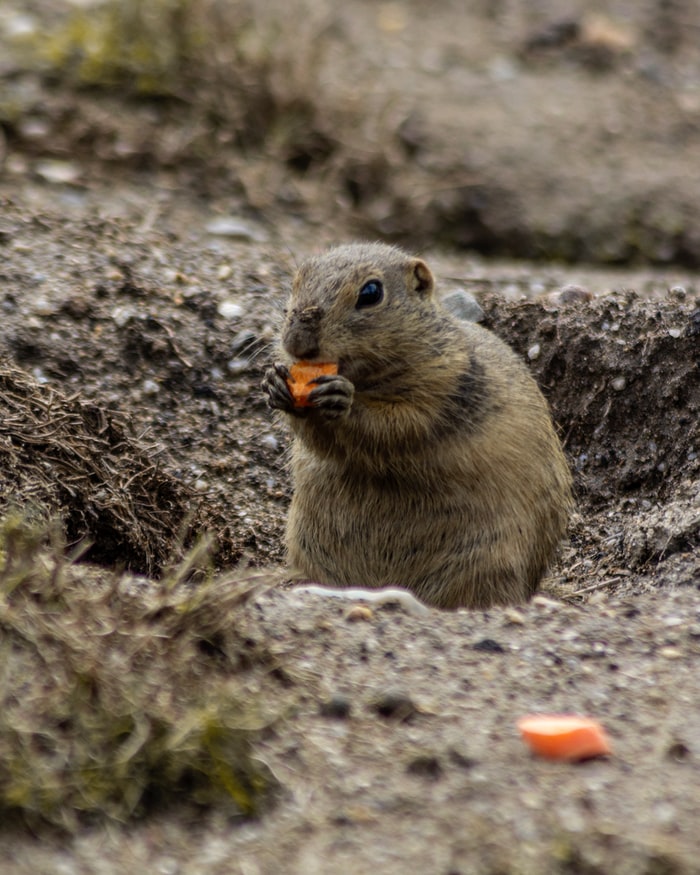An Autumn Guide to Composting Leaves & Garden Waste
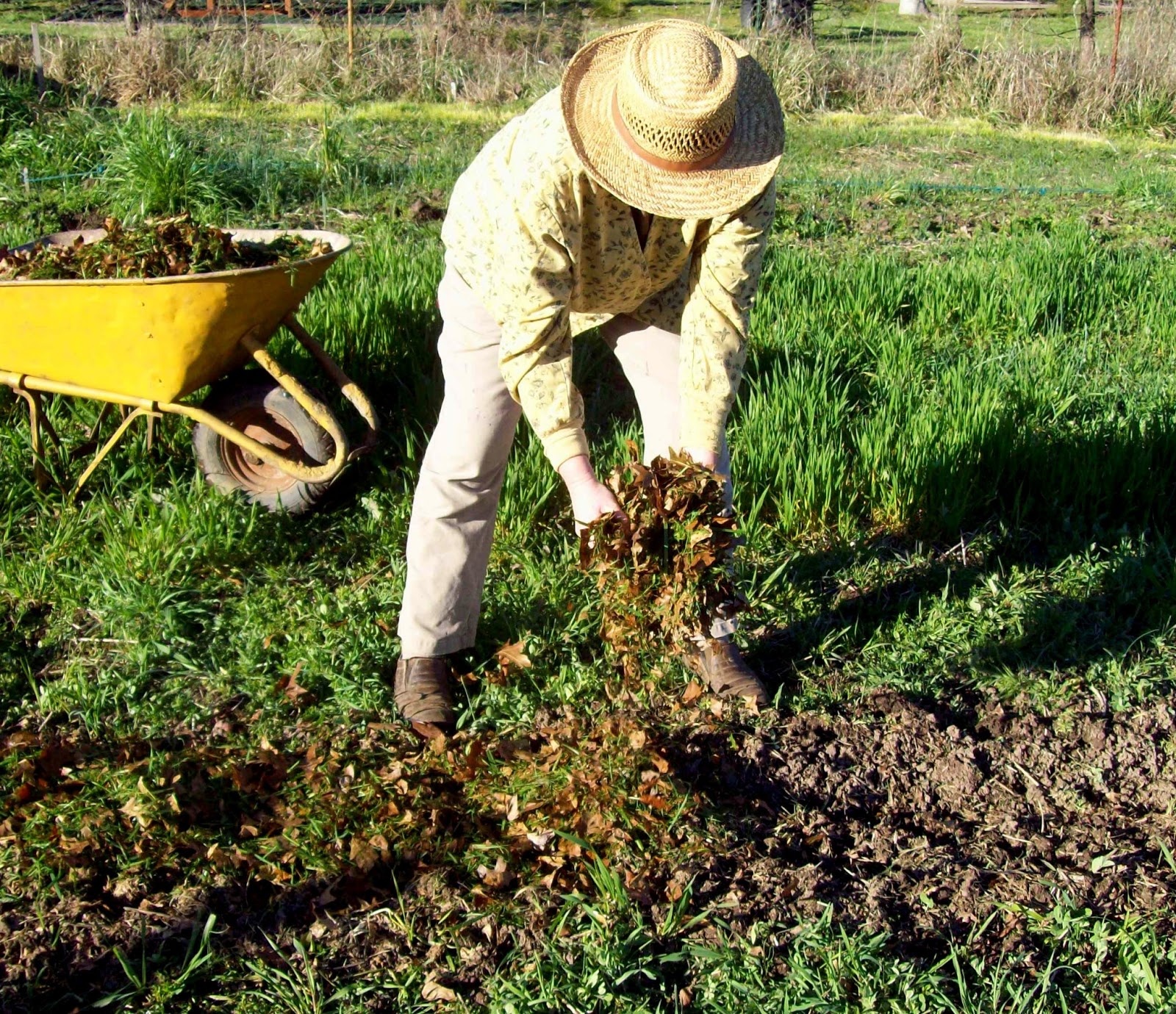
Discover how to turn your fallen leaves and garden waste into rich, nourishing compost with this simple autumn composting guide!
As the colder months creep in and leaves begin to pile up, gardens across the UK take on that familiar golden glow. But with the beauty of autumn comes the less glamorous task of clearing up. Rather than treating garden waste as a nuisance, there’s a smarter, greener way to deal with it — one that not only tidies your outdoor space but also gives something back to the soil.
This practical approach to garden waste comes from the same mindset shared by waste management experts at REMONDIS where sustainable thinking meets everyday action. Whether you’re an avid gardener or just clearing up at the weekend, a few smart choices go a long way.
Make the Most of Fallen Leaves
Dead leaves aren’t just something to sweep into a bin bag. In fact, they’re full of potential. Rich in carbon, they balance out nitrogen-heavy waste like grass clippings and food scraps. This makes them an excellent ingredient in homemade compost.
How to start:
- Shred them first – whole leaves take longer to rot. Running a mower over them works a treat.
- Layer properly – alternate between “brown” materials (like dry leaves) and “green” ones (like veg peelings or fresh clippings).
- Turn the pile – every couple of weeks, give it a mix to let in air and keep it breaking down evenly.
Over time, these leaves transform into a dark, crumbly material that feeds your garden with nutrients. For those willing to wait even longer, letting leaves break down on their own creates leaf mould — an excellent soil conditioner that improves texture and water retention.
No Bin? Try Mulching Instead
If you don’t have space for a compost bin, mulching is a solid alternative. Shredded leaves spread over flower beds or around trees can help lock in moisture, stop weeds popping up, and add organic matter back into the soil.
Just keep the layer thin — around 2.5cm is usually enough. Any more, and you risk smothering the plants underneath.
What to Do with Other Garden Waste
Autumn’s not just about leaves. Dead plants, trimmed branches, and spent annuals all start piling up too. Instead of chucking them in with general waste, there are better options:
- Use council garden waste collections – most areas offer this service, often turning your clippings into compost or mulch.
- Visit your local recycling centre – you can drop off larger loads of garden waste for responsible processing.
Why bother? Because when green waste goes to landfill, it breaks down without oxygen — and that releases methane, a greenhouse gas far more potent than CO₂. Recycling avoids this and helps create something useful instead.
Too Much to Handle? Book a Collection
If you’ve got more leaves and clippings than you know what to do with, there’s no shame in calling in help. Many local waste companies provide seasonal garden waste collections — especially handy after a major garden tidy-up.
These services make sure your waste ends up where it should: being turned into compost or mulch, rather than adding to landfill.
Burning Leaves? Think Twice
It might seem tempting to just light a match and be done with it. But burning leaves creates harmful pollutants, including carbon monoxide and fine particles that affect air quality.
Not only is it bad for the environment, but it’s also a waste of perfectly good organic matter that your garden could benefit from. Composting or mulching is far more productive — and won’t upset the neighbours.
What Actually Happens to Recycled Garden Waste?
When garden waste is collected or dropped off, it usually goes through a controlled composting process:
- It’s checked for contamination and shredded.
- The material is placed into long piles (windrows) that are regularly turned.
- Over several weeks, microbes break it all down into a rich compost.
- Once matured, it’s screened and bagged or used on public land.
This closed-loop system turns seasonal garden waste into something useful again — from amateur gardens to local council projects.
Garden Smarter This Autumn
Treating garden waste properly doesn’t just help your outdoor space — it supports bigger environmental goals. Composting keeps nutrients in the ground where they belong. Recycling keeps harmful gases out of the air. And avoiding open burning protects public health.
The trick is to treat autumn leaves and trimmings as a resource, not rubbish. With a few small changes to how they’re managed, it’s easy to reduce waste and boost soil health in one go.


